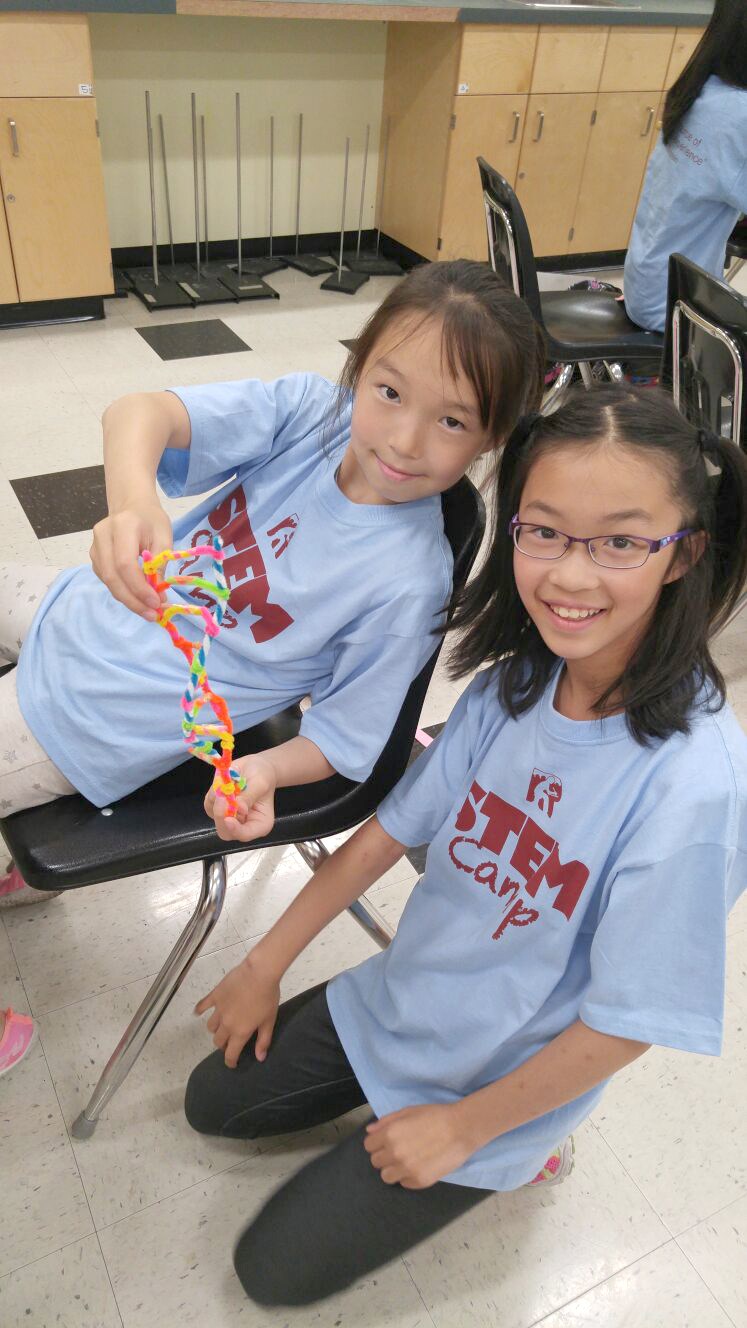DNA, genetics, forensics, 3D printing and thermoelectric generators.
If it sounds like the latest episode of CSI, then you couldn’t be further from the truth.
In reality, all of the aforementioned fields of expertise were covered by 48 students, aged nine to 18, during the increasingly popular STEM (Science, Technology, Engineering and Mathematics) Aces camp at two Richmond secondary schools.
Run by STEM Aces’ education leader and CEO, Olivia New, the program is run in partnership with the Richmond School District and has grown in stature since it started two years ago.
The camp, run out of MacNeill and McNair secondaries, is now finished for the summer, but New told the Richmond News how she’s still buzzing with how excited the students were during the program.
“The camp has left us all literate and a very happy-tired. This is truly some of the most gratifying work we have had the pleasure to be involved in,” said New, a Richmond-based mom of two young children who has lectured in chemistry recently at UBC and Trinity Western University.
“The STEM kids were all simply marvelous and superseded our expectations. We all, in fact, had a great deal to learn from one another.
“Most amazing is the fact that these kids were in these enrichment, non-credit camps, actually giving the learning process their all.”
The STEM camps are designed for a specific purpose: to show students how to integrate and apply the knowledge of math and science in order to create technologies and solutions for real-world problems using an engineering design approach.
The younger students, said New, learned about DNA technologies in many fields like medicine, agriculture, and forensics from STEM experts and met distinguished speaker Dr. Grace Gohy, a genetics specialist.
“They learned about hereditary disorders and gene therapy… and selective breeding of crops and livestock; cloning and lab meat; and DNA fingerprinting for forensics.
“The older group… had the opportunity to learn from Dr. John Grace, Officer to the Order of Canada, cited for his contributions as a chemical engineer, notably to the development of cleaner technology for industrial processes...
“I believe the students came away with new knowledge about how to apply the ideas and had a real life referencing to education through meeting the presenters and going on the STEM tours,” New said.
“They built a good network of mentorship and alliances with other students.”


.jpg;w=120;h=80;mode=crop)
